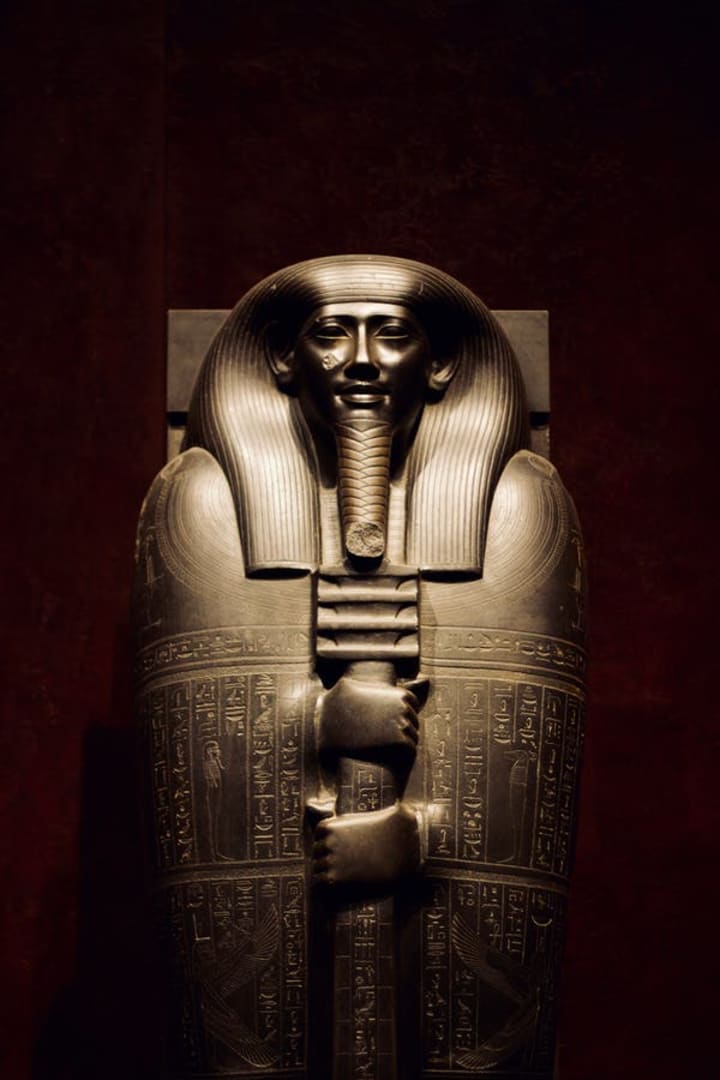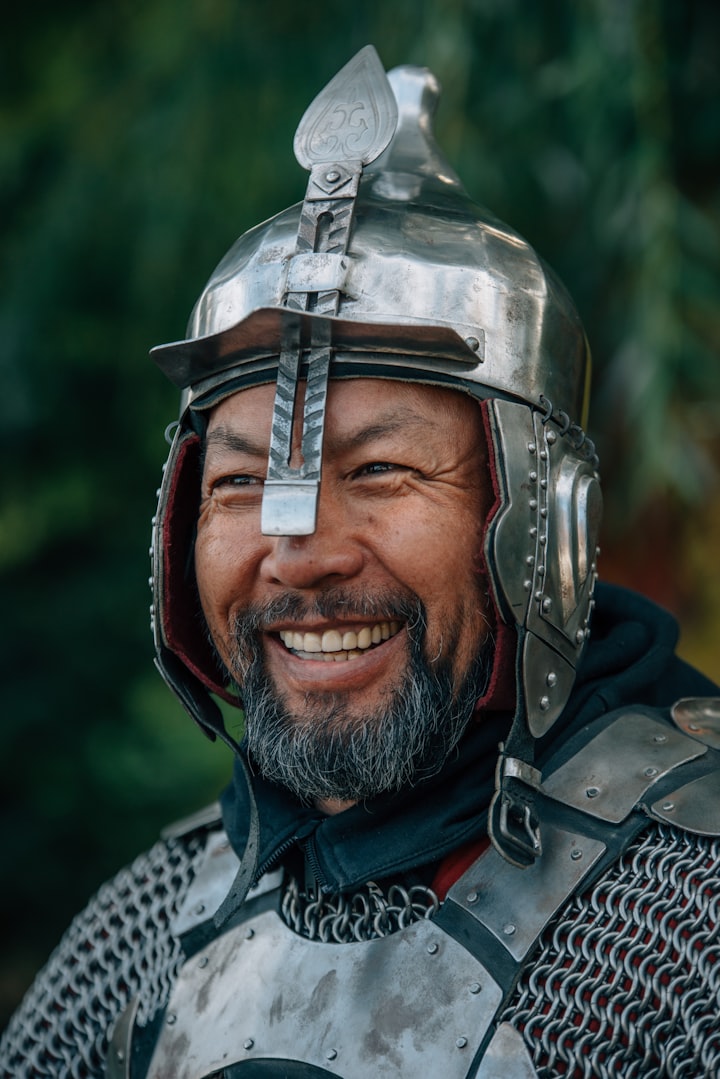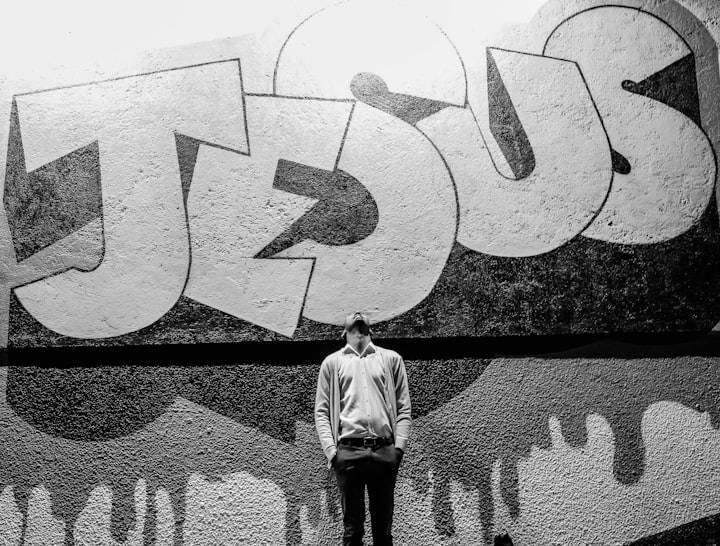
Ancient Egyptian gods and goddesses are so ancient and old, even until today, we still worship them. The gods and goddesses of Ancient Egypt come from what we called mythology. We will have a look on the mythologies of Ancient Egyptian gods and goddesses.
1. Taweret

Taweret is a powerful deity in Egyptian mythology who was associated with childbirth and fertility. She was depicted as a woman with the head of a hippopotamus, or as a woman with the head of an alligator.
Taweret is often depicted holding the ba of Ra, symbolizing her role as mother of the pharaoh. The hippopotamus' tail was sometimes included to complete this image, making her "the goddess of both the Nile and the Nile river."
The most common depiction of Taweret's head includes that of a female hippopotamus, which is thought to represent fertility because it represents rebirth and renewal. The alligator's head symbolizes that she protects against evil; if you keep your eye on her, she will keep you safe from danger.
2. Bes

Bes is the god of the Nile flood and vegetation. He was often depicted as a hippopotamus or crocodile. He is also known as Bek, Bast, and Baba.
Bes was not one of the major Egyptian gods, but was worshipped in Thebes, where he was considered a god of fertility and childbirth. He was also worshipped as protector of sailors and fishermen, who would travel along the Nile during the annual flooding.
His name means "the hidden one" in Egyptian, which refers to his role as a protector of newborns who were still in their mothers' wombs. As such he became associated with protecting women and children from danger during childbirth.
3. Hathor

Hathor was a goddess in ancient Egyptian religion, worshiped as a cow-goddess, she was depicted as being very fond of partying. She was very popular in early Egypt and her cult grew throughout history. She was one of the most important deities of the Ancient Egyptian pantheon.
Hathor's name is derived from the ancient Egyptian word for cow, hdt:r. In later dynasties, she was shown as a crowned and robed woman or as a solar aspect of the goddesses Isis or Neith.
The Ancient Egyptians considered Hathor as a mother goddess. They believed that she could give birth to any type of animal or object, including humans and other gods. This idea comes from her association with cows and cattle; they were sacred to her because they were symbols of wealth and fertility.
4. Horus

He was born on the first day of creation and he is believed to be a protector of Pharaohs and all Egyptians. His name means "he who has come" or "he who comes" and this symbolizes his role as a protector as well as his origins. He was also known as the Falcon God, which is another way of saying that he was associated with falcons in Egyptian mythology.
Horus is commonly depicted as a falcon on a throne and he is portrayed as being very similar to other falcon-headed gods like Anubis and Sekhmet. The most notable difference between Horus and these other gods is that Horus does not have the same level of aggression that Sekhmet does, which makes him more suitable for being a protector than Sekhmet would be.
It's important to note that although there are many depictions of Horus throughout Egyptian art, there aren't any depictions of him showing violence towards anyone other than enemies during war time or when he was protecting himself from harm.
5. Osiris

Osiris the god of the afterlife in Egyptian religion, also a god of fertility and the underworld. He was considered to be one of the oldest deities in the Egyptian pantheon, along with his wife Isis. Osiris had many names, mostly reflecting the names of Egypt's national animals.
The Egyptians believed that Osiris was killed by his brother Set, who dismemberd him and divided up his body. Osiris' wife Isis gathered up his remains and created a new body for him in which he reigned as ruler of the dead. This myth became so important to Egyptian culture that it was never questioned even until modern times.






Comments
There are no comments for this story
Be the first to respond and start the conversation.